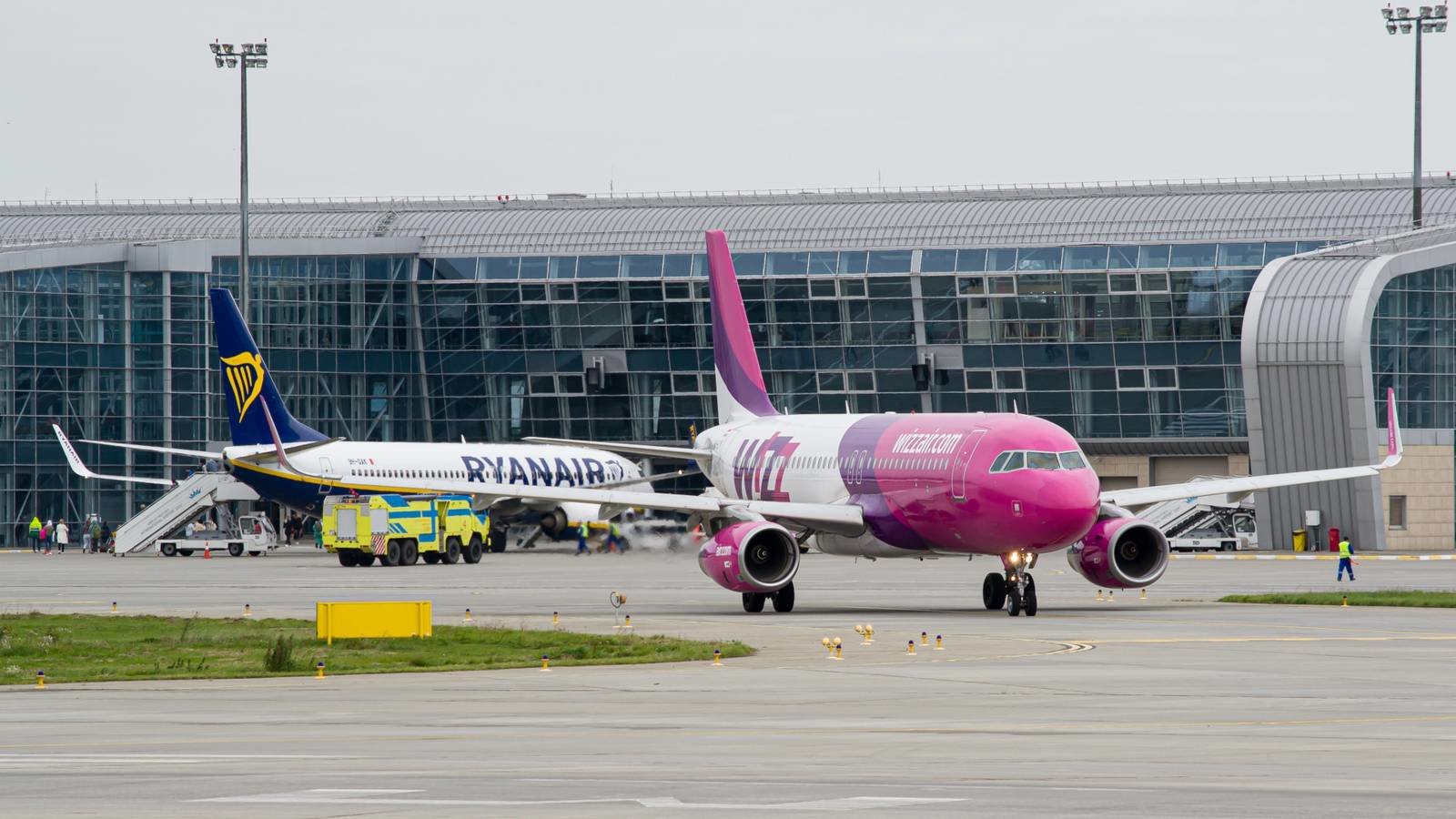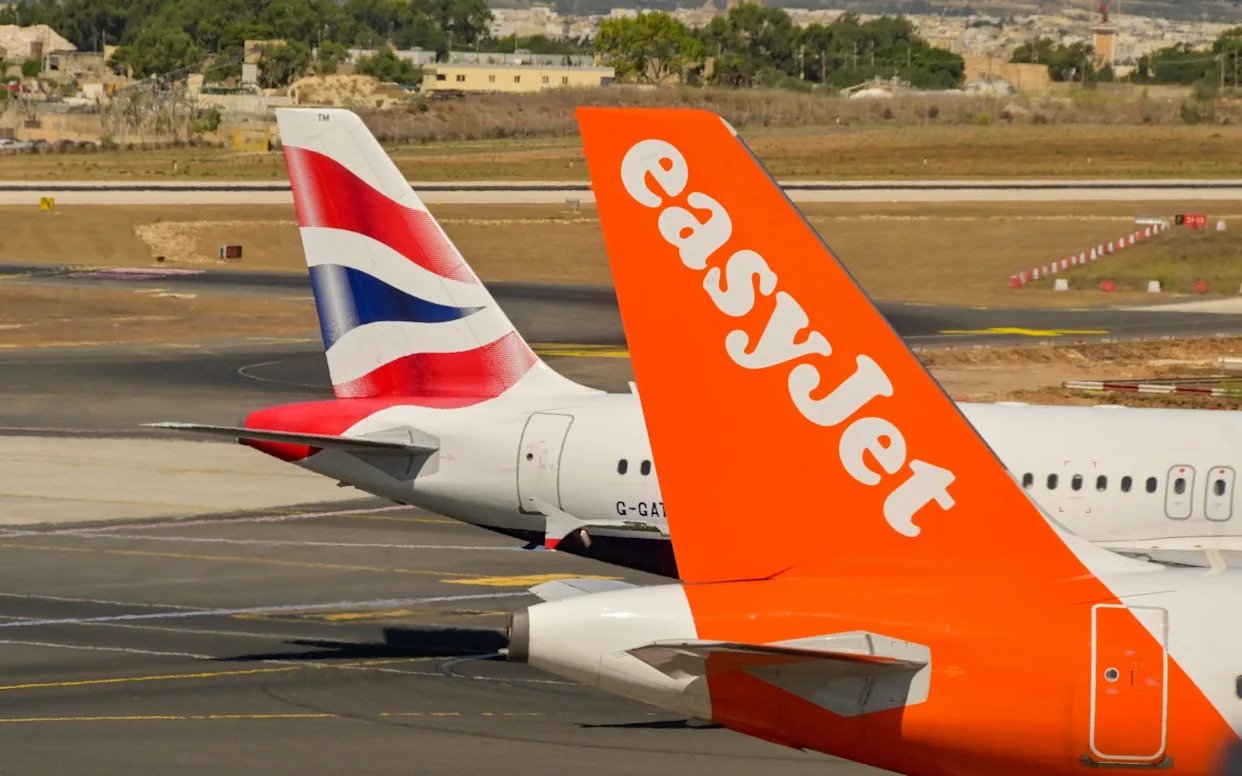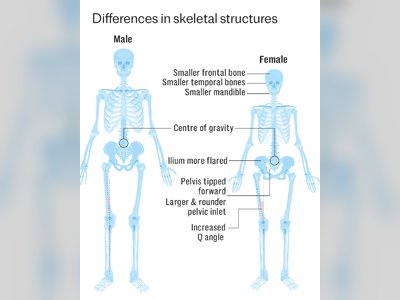UK Low-Cost Carriers Warn Growth Could Stall as Air Travel Taxes Rise
Ryanair and Wizz Air caution that higher air passenger duty and airport charges may force them to scale back UK operations
Major low-cost carriers operating in the United Kingdom have sounded a clear warning: further increases to taxes and airport charges risk suppressing growth, curtailing routes and shifting aircraft away from the UK. The carriers, Ryanair and Wizz Air, say that the government’s planned rises in the departure tax known as Air Passenger Duty (APD), combined with elevated airport access fees, will render the UK a less competitive market for airlines.
In its latest statement, Ryanair emphasised that its future deployment of some 300 aircraft “will be guided by cost-competitive markets,” and that if APD and other aviation access costs continue to climb, the UK may see fewer aircraft, fewer flights and lower investment.
Wizz Air’s chief operations officer described the UK market as facing the risk of becoming “very growth-stunted” if the rising cost burden cannot be absorbed.
The UK government’s Autumn Budget 2024 announced a rise in APD from April 2026, including increases of around £2 for cheapest economy seats on short-haul flights and up to 50 percent higher charges on private-jet departures.
The government says the tax adjustment is necessary to keep pace with inflation and ensure aviation contributes its fair share; APD already ranks among the highest departure taxes in the world.
Airlines caution that even modest increases in APD, when layered on top of high airport business rates and access charges, raise the cost base for low-fare carriers in particular.
Wizz Air pointed to its relocation of aircraft from Vienna, Austria, to Bratislava, Slovakia, as an example of how airlines will redeploy capacity if airport and tax regimes become unsustainable.
Regional and domestic UK routes are seen as especially vulnerable.
Ryanair has signalled that it may reduce UK capacity by up to ten percent by 2025 if cost pressures persist, potentially removing millions of passengers from the market.
The carriers warn that the economic impact may extend beyond airlines, pointing to estimates that each aircraft based in the UK supports roughly four hundred jobs and adds approximately twenty-seven million pounds annually to the economy.
On the airport side, London Gatwick Airport has publicly warned that rising business rates could jeopardise investment decisions such as a second runway, stressing that expansion plans may become harder to justify if fee burdens rise.
Airlines say that if charges such as landing fees and airport rent become “unsustainable,” the UK may lose traffic and capacity to markets with more favourable cost structures.
For passengers, the rising costs may translate into fewer route choices, higher fares and less frequent services.
For the UK aviation sector overall, the warning is that tax and charging policies risk undermining growth ambitions, reducing the competitiveness of UK-based operations, and ultimately weakening the country’s standing as a gateway for tourism and business travel.
In its latest statement, Ryanair emphasised that its future deployment of some 300 aircraft “will be guided by cost-competitive markets,” and that if APD and other aviation access costs continue to climb, the UK may see fewer aircraft, fewer flights and lower investment.
Wizz Air’s chief operations officer described the UK market as facing the risk of becoming “very growth-stunted” if the rising cost burden cannot be absorbed.
The UK government’s Autumn Budget 2024 announced a rise in APD from April 2026, including increases of around £2 for cheapest economy seats on short-haul flights and up to 50 percent higher charges on private-jet departures.
The government says the tax adjustment is necessary to keep pace with inflation and ensure aviation contributes its fair share; APD already ranks among the highest departure taxes in the world.
Airlines caution that even modest increases in APD, when layered on top of high airport business rates and access charges, raise the cost base for low-fare carriers in particular.
Wizz Air pointed to its relocation of aircraft from Vienna, Austria, to Bratislava, Slovakia, as an example of how airlines will redeploy capacity if airport and tax regimes become unsustainable.
Regional and domestic UK routes are seen as especially vulnerable.
Ryanair has signalled that it may reduce UK capacity by up to ten percent by 2025 if cost pressures persist, potentially removing millions of passengers from the market.
The carriers warn that the economic impact may extend beyond airlines, pointing to estimates that each aircraft based in the UK supports roughly four hundred jobs and adds approximately twenty-seven million pounds annually to the economy.
On the airport side, London Gatwick Airport has publicly warned that rising business rates could jeopardise investment decisions such as a second runway, stressing that expansion plans may become harder to justify if fee burdens rise.
Airlines say that if charges such as landing fees and airport rent become “unsustainable,” the UK may lose traffic and capacity to markets with more favourable cost structures.
For passengers, the rising costs may translate into fewer route choices, higher fares and less frequent services.
For the UK aviation sector overall, the warning is that tax and charging policies risk undermining growth ambitions, reducing the competitiveness of UK-based operations, and ultimately weakening the country’s standing as a gateway for tourism and business travel.













